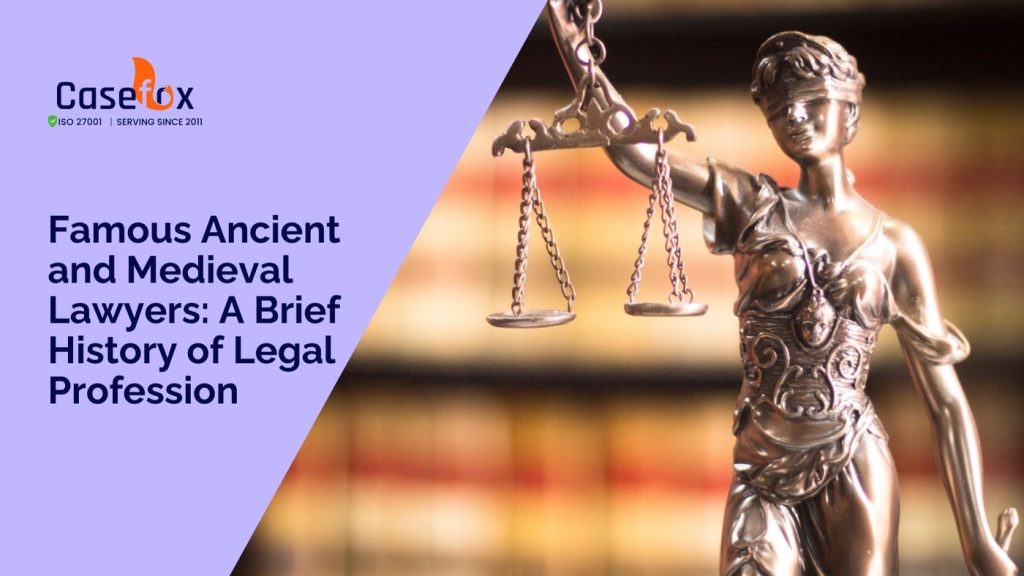Law has existed for a long time and traces its origin to ancient and medieval periods. It has endured in history for existence, lawyers have existed in history to keep law, guiding kings, granting court services, and devising the law. A number of these historical figures are remembered because of their intellectual accomplishments and their deeds in advancing legal systems.
The legal systems of today owe much to their contributions, as they changed the way lawyers conducted their work and greatly shaped today’s law. This article will try to figure out the differences and similarities of some prominent lawyers of that time, as well as their work on the development of law and society in general.
The History of the Legal Profession
The legal profession began during the Sumer and Babylon empires, where a rule of court was set implying that it could only be carried out by a qualified person who would ensure law and order were to be upheld. As society further evolved, particularly during periods such as Ancient Greece and Rome, where formal legal systems emerged.
During the medieval period, the emergence of legal education, legal universities, and the Catholic Church led to a more specialized and professionalized legal profession.
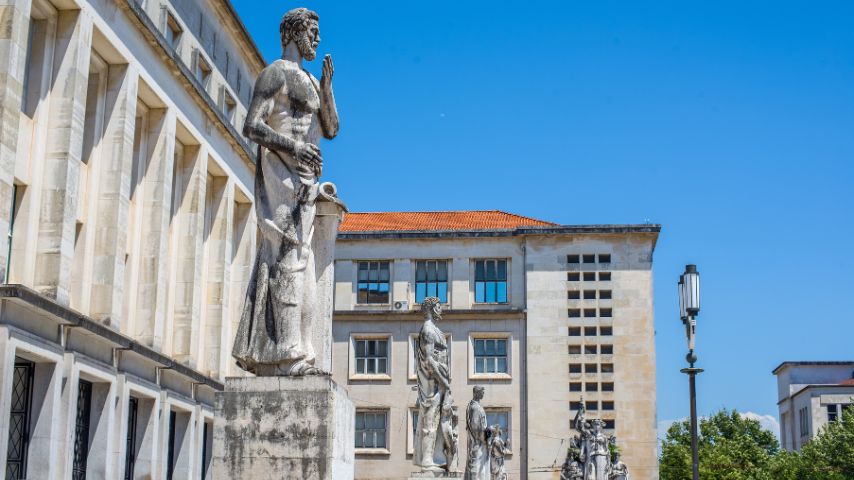
Famous Ancient Greek Lawyers
Ancient Greek legal experts shaped the use of rhetoric and argumentation, laying the foundation for future legal systems.
Antiphon (c. 480–411 BCE)
Important in the development of Athenian law and legal practice, particularly in the area of rhetoric and legal defense.
Lysias (c. 445–380 BCE)
A prominent logographer and speaker known for judicial rhetoric.
Demosthenes (384–322 BCE)
Notable for an oratorical style on legal affairs, especially those protecting Athens from Macedonian governance.
Famous Medieval Lawyers
Medieval lawyers shaped legal systems and helped navigate the relationship between religious and secular law, paving the way.
Ranulf de Glanvill (c. 1110–1190)
One of the founders of English common law wrote the first major treatise on English law.
Gratian (c. 1090–1160)
Known as the Father of Canon Law, his works served as the basis for legal study in medieval Europe.
Pope Innocent IV (1195–1254)
Reformers with preserved canon law greatly influenced ecclesiastical and secular law.
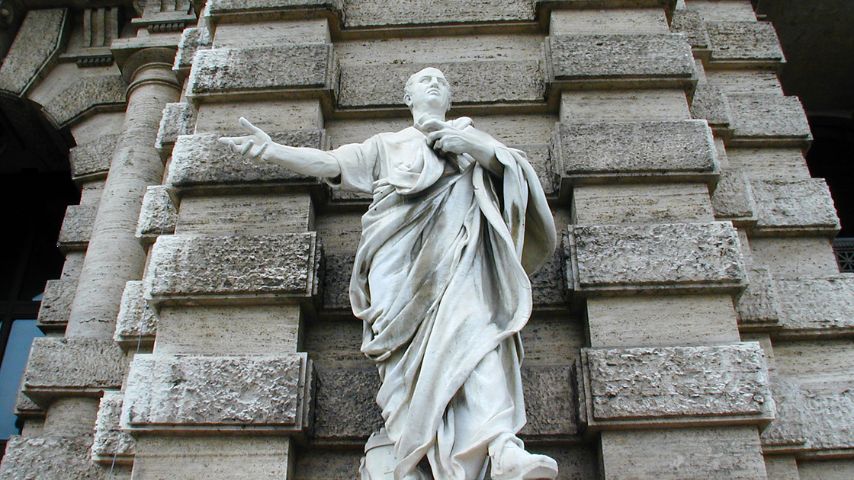
Famous Ancient Roman Lawyers
Some of the most famous ancient Roman lawyers taught Roman legal systems interpretation and defense practices, which informed modern legal principles.
Cicero (106–43 BCE)
Greatest Roman orator and master of Roman rhetoric lawyer, known for the high-profile cases he tried.
Gaius (c. 130–180 CE)
One of four great jurists who wrote extensively on Roman law, especially his institutes.
Papinian (c. 142–212 CE)
He was a great Roman jurist, interpreter of the law, and reconciler of conflicting opinions.
A Brief History of Legal Lawyers
Explores the evolution of the legal profession, tracing their development from ancient times to modernity and showing how their roles reflected society throughout the ages.

Ancient Greece and Rome
According to the very first lawyers, they are known to have originated in Ancient Greece and Rome. Orators would plead cases for friends in Athens, given that people had to represent themselves or be represented by non-professional advocates. They couldn’t charge fees, although this rule was frequently ignored. Indeed, it was Emperor Claudius in Rome who legalized the profession, permitting lawyers (advocates) to charge limited fees.
Here, the positive innovation lay as well. Challenges such as low pay or specialization between the experts on law and rhetoric led to the emergence of huge study and practice of law in focused areas.
Long before law practice management software helped organize work, in 1793, the College of William and Mary gave out the first law diploma in the United States, a Bachelor of Law Josypom (L.B.), which was later changed to LLB. By the mid-1850s, there were already small law schools set up by practicing lawyers to provide practical skills to prospective lawyers.
The First Bar
The legal profession in ancient Rome became a highly regulated field. Strict rules governed lawyers on fees, court practices, and registration. Before this, any citizen could whip into an advocacy role, but tightening standards meant that the profession declined to the elites. The criteria for becoming a lawyer were stringent, and so that was yet another restriction to higher social classes. It was also the Romans who gave the world jurisconsults, who were wealthy men who, as an intellectual pursuit, studied the law.
During the time of Ancient Rome, notaries were often illiterate, without any legal document management, nor possessed any legal training. They cheapened the drafting and making of contracts, wills, and conveyances. Their pay scheme consisted of them being charged for the line, this is why they intentionally employed complex legal vocabulary to boost their profit.
Legal Profession in Middle-Age
Lawyers began to struggle during the Middle Ages, as the Western legal profession saw a decline. However, it re-surged, primarily serving the church and its laws.
Between the years 1190 and 1230, attempts were made to regulate and professionalize the legal field, with lawyers required to take an oath before they could be admitted to practice. This led to far more litigation than was necessary and problems with incompetence or misconduct by lawyers, which resulted in calls for stricter oversight.
American History of Lawyers
As the colonies grew, so did the practice of law in the United States. In the beginning, lawyers were few, untrained, and frequently mistrusted, and some colonies even banned them. Their fees were closely regulated, where allowed, and their work was heavily regulated. In the colonies, as they began to thrive, the need for legal services increased, but hiring a lawyer was often a gamble, as formal training was not available.
A turning point came in 1761 when Massachusetts established seven years of training and created a bar association to maintain professional ethics, ushering in a more organized legal profession in this country.
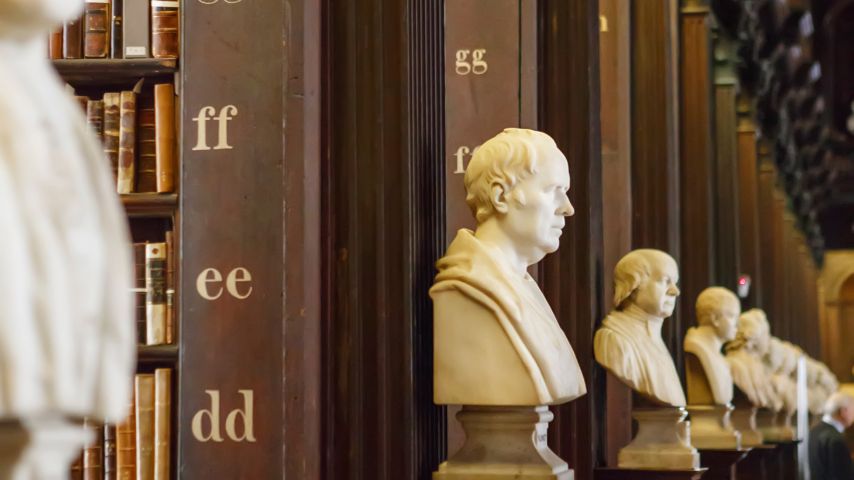
The Greatest Lawyer from Medieval and Ancient History
This work aims at dealing with ancient and medieval lawyers who contributed to the development of the legal systems that today can be regarded as being found in the modern world. Still, they influence the practice of law to date through their invention.
Cicero
One of the greatest former lawyers was Cicero, who wrote many powerful speeches attacking corrupt officials such as Verres and Catalina. He was the youngest consul in Roman history and contributed to the legal philosophy that we still refer to in conversations about justice and the rule of law.
Ulpain
Ulpian, who was born circa 170 AD, was also a gifted writer and has also been referred to as a pioneer of human rights, interpreting Roman law as a system of reason and fairness meant for everyone, including slaves. His power is palpable, as close to two-fifths of Justinian’s 533 AD Digest comes from his works.
Tribonian
Tribonian, born around 170 AD, the Byzantine jurist was an essential contributor to Justinian’s consolidation of the Roman laws to form the codex of the institutes and the digest. He was not as eloquent a speaker as Cicero, but he did develop efficient ways to make complicated legal systems less complicated and even wrote a textbook for law students during Justinian’s Legal Codification.
Bartolus de Saxoferrato
Bartolus, a student of Gasparino and professor of law at the University of Bologna and Perugia, born in 1313 was an important legal expert. He questioned what Justinian derived from legal authority, claiming that self-governed cities were feasible in the empire. He was concerned with the framework of modern nation-states. Of particular importance, he was given the authority to legitimize ‘base sons/daughters’ through his prowess in the legal world.
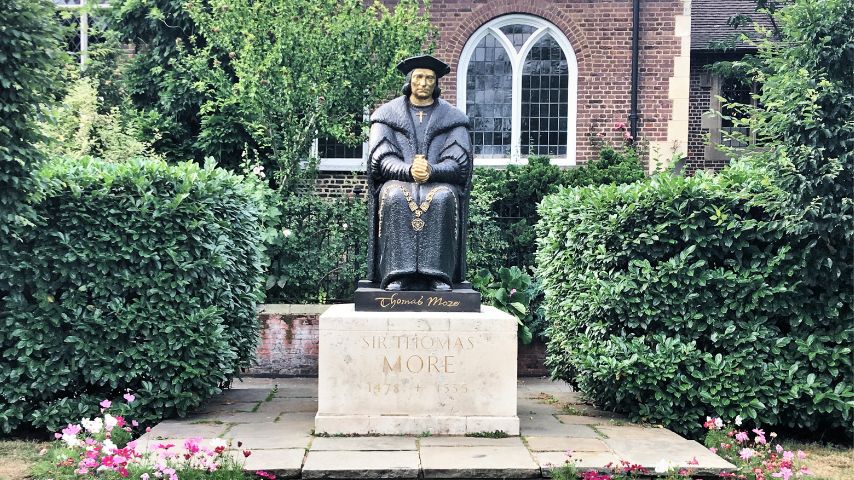
Sir Thomas More
Thomas More, probably the most famous for his Utopia book where he described the lack of lawyers, started his studies at Lincoln’s Inn. A promising barrister and a highly impartial judge, More became Lord Chancellor. He was but a scholar at heart as well, his History of King Richard III being used by Shakespeare in his works. Because King Henry VIII beheaded extreme religious convictions, More refused to acknowledge the King’s divorce from Catherine of Aragon.
Bartholomew Chasseness
Bartholomew Chassenée was born in 1480, but people remember him as a lawyer who defended animals, especially rats in Autun. He was an early-rising, skilled French lawyer who contributed scholarly works on Roman and customary law which enhanced the formulation of the Napoleonic Code. He also used to produce a set of legal opinions he once rendered to his clients.
Conclusion
The most famous advocates of ancient and medieval times have contributed greatly to the formation of the modern legal profession. Many of them, from defending animals to drawing legislation and laws, created the frameworks of contemporary legal systems. These people have not only made a difference to the law but also a difference to the world through their legal focal points in justice, governance, and ethical standards to legal minds in the current society.

